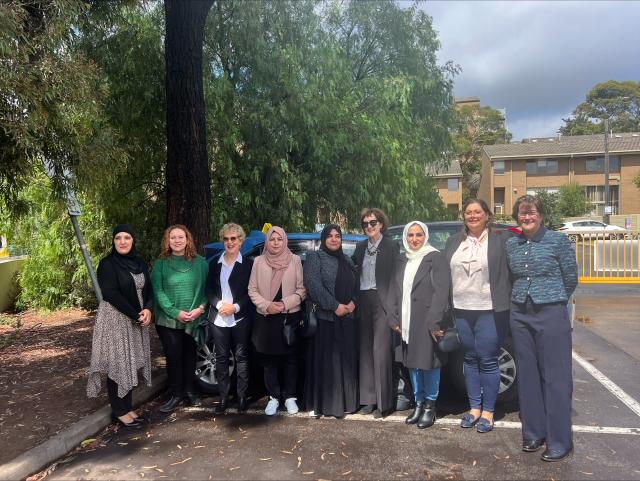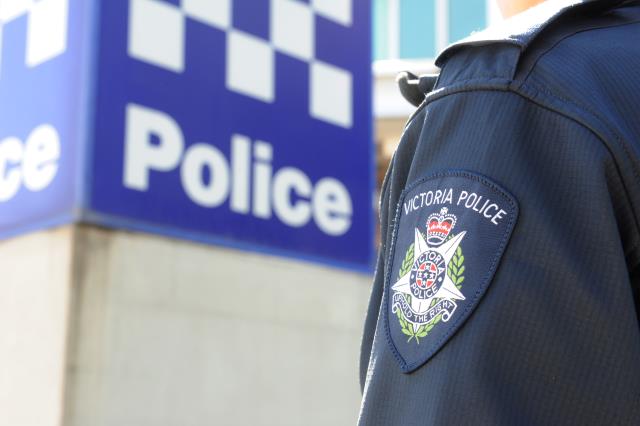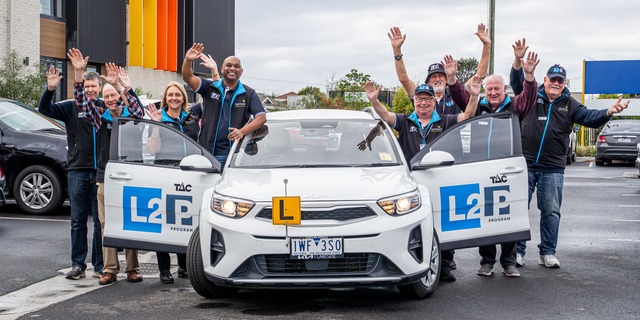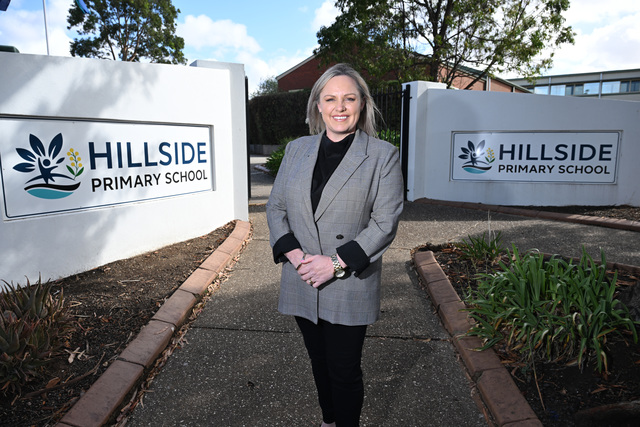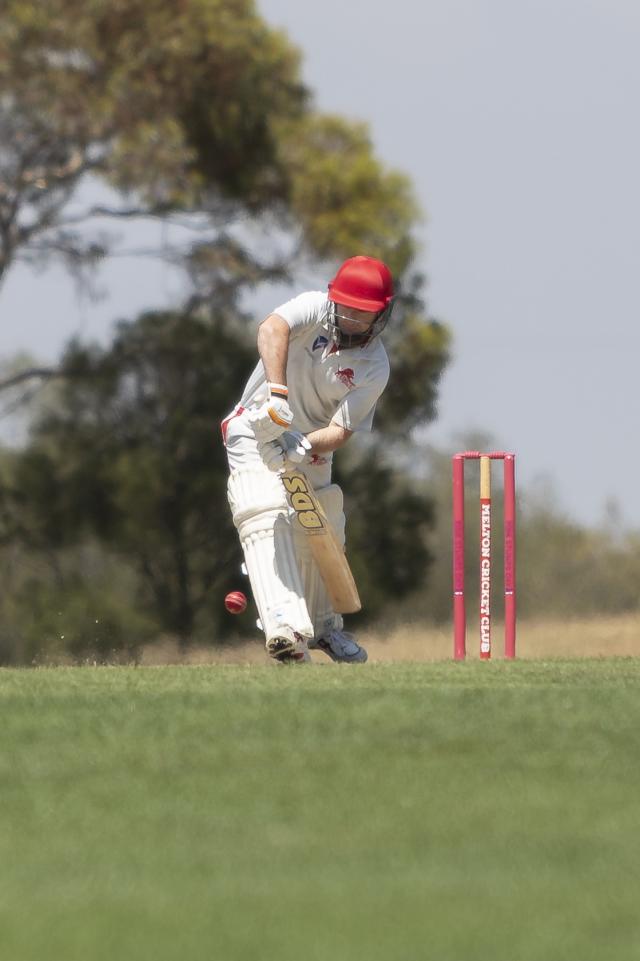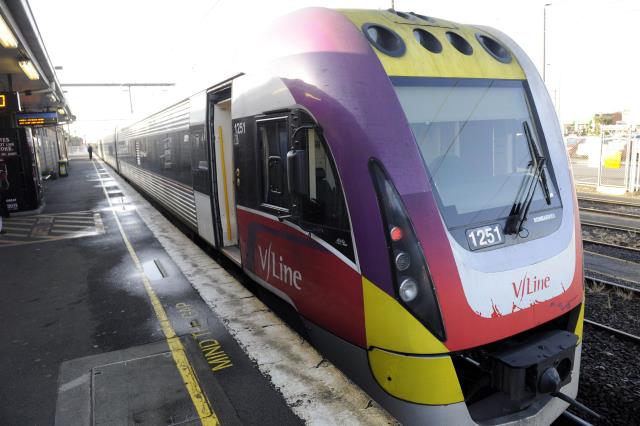The state government is helping more women from culturally and linguistically diverse backgrounds to acquire a driver’s licence which is crucial in securing employment.
Minister for Roads and Road Safety Melissa Horne visited VicRoads in Carlton where 50 women are learning how to drive as part government efforts to make them employable.
Research shows that one of the biggest barriers for women from culturally and linguistically diverse backgrounds to achieve meaningful work is the ability to get a driver’s licence.
The driving to employment program is targeted toward women over the age of 23 and provides up to 10 paid driving lessons with professional instructors.
“Being able to drive is a privilege not everyone has been afforded – it creates more independence and opens up a world of opportunities to help people get where they need to go, especially to employment.
“We’re backing this vital program to give women from culturally and linguistically diverse backgrounds the support they need to gain a driver’s license and connect with the workforce,” said minister for Roads and Road Safety Melissa Horne.
The same sentiments were echoed by WomenCAN Australia Founder and CEO Mikaela Stafrace.
“For a woman, a driver’s licence enables access, independence and the freedom to make choices. WomenCAN Australia is delighted that our initiative is having such impact and we are so grateful to all who helped make it possible,” said Ms Stafrace.
Five participants are Afghan judges who were recently evacuated from Kabul where their safety was in immediate threat, with direct support from the International Association of Women Judges and former Chief Justice of the Family Court of Australia.
Afghanistan is one of a number of countries where women are not permitted to learn to drive.
The driving to employment Program forms part of the Flexible Local Transport Solutions Program, funded in partnership with not-for-profit organisation WomenCAN who have developed the initiative.
The Flexible Local Transport Solutions Program provides funding and support for innovative transport services or trials and small-scale infrastructure projects, by partnering with the Government, service providers and community groups.

